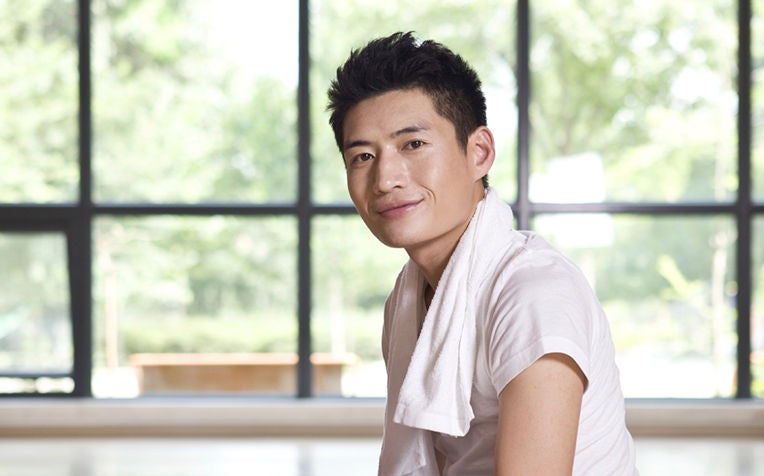HealthXchange will NEVER ask you to transfer money over a call. If in doubt, call the 24/7 ScamShield helpline at 1799, or visit the ScamShield website at www.scamshield.gov.sg.

Testicular cancer is highly curable, particularly if it is detected early.
Testicular cancer treatment depends on the type and stage of the cancer, and the general health of the patient. Treatment options for testicular cancer include surgery, radiation therapy and chemotherapy.
Treatment Overview
During an orchiectomy, the surgeon will make a small incision in the groin and remove the entire cancerous testicle or testicles. If the patient so wishes, he can have a prosthetic testicle inserted in place of the cancerous one. An orchiectomy can be done as an outpatient or inpatient procedure, depending on the overall health of the patient.
Surgery may be followed by radiation or chemotherapy to contain the spread of cancer and reduce the risk of its recurrence.
If the cancer is at stage 1, it may be possible to have no further treatment other than regular follow-up visits to your doctor, after the orchiectomy. Early stage testicular cancer has been associated with a cure rate of more than 95 per cent. Your doctor will discuss this option with you. Whichever option you choose, you will be closely monitored by regular measurements of your blood markers and radiological assessments to check for any recurrence of cancer.
Radiation: In this treatment procedure, X-rays are used to kill cancer cells. Seminoma testicular cancer is a slow spreading cancer which responds well to radiation.
Chemotherapy: Chemotherapy, which uses drugs to kill cancer cells, is effective after surgery in advanced cases of both seminoma and non-seminoma testicular cancer. The more aggressive non-seminoma testicular cancer is more effectively treated by chemotherapy than by radiation therapy.
“Chemotherapy is used if there is advanced cancer involving distant lymph nodes, organs such as the lungs or liver, or in recurrent disease” says Dr Terence Tan Wee Kiat, Senior Consultant, Division of Radiation Oncology, National Cancer Centre Singapore (NCCS), a member of the SingHealth group.
However, chemotherapy has some side effects, the most serious being an increased risk of infertility. “Your ability to father children may be affected by chemotherapy. Your physician may refer you to a reproductive clinic so that some of your sperm may be frozen for future use,” says Dr Tan.
Learn more about who's at risk of developing testicular cancer.
Ref: R14
Contributed by
Related Articles
Conditions & Treatments
Public Events
Get the Health Buddy App
© 2025 SingHealth Group. All Rights Reserved.















 Get it on Google Play
Get it on Google Play